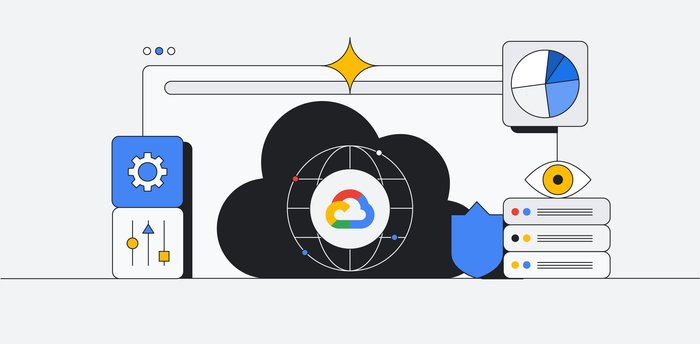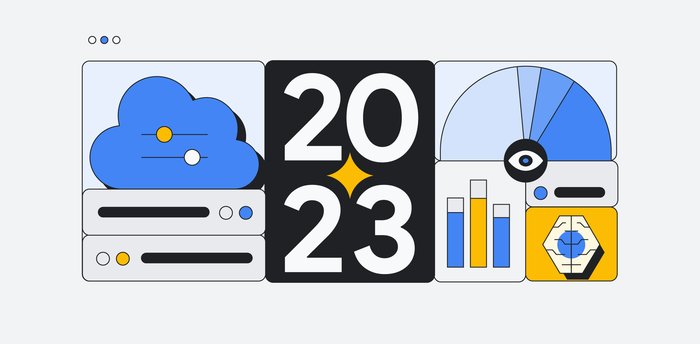Evaluating Cloud SQL Second Generation for your mobile game
Joseph Holley
Head of Gaming Solutions, Google Cloud
Many of today's most successful games are played in small sessions on the devices in our pockets. Players expect to open the game app from any of their supported devices and find themselves right where they left off. In addition, players may be very sensitive to delays caused by waiting for the game to save their progress during play. For mobile game developers, all of this adds up to the need for a persistent data store that can be accessed with consistently low latency.
Game developers with database experience are usually most comfortable with relational databases as their backend game state storage. MySQL, with its ACID-compliant transactions and well-understood semantics offers a known pattern. However, "game developer" and "database administrator" are different titles for a reason; game developers may not relish standing up and administering a database when they could be building new game content and features. That’s why Google Cloud Platform offers high-performance, fully-managed MySQL instances in the form of Google Cloud SQL Second Generation to help handle your mobile game's persistent storage.
Many game developers ask for guidance about how much player load (concurrent users in a game) Cloud SQL can handle. In order to provide a starting point for these discussions, we recently published a new solutions document that details a simple mock game stress-testing framework built on Google Cloud Platform and Cloud SQL Second Generation. For a data model, we looked to the data schema and access patterns of popular massively single-player social games such as Puzzle and Dragons or Monster Strike for our testing framework. We also made the source code for the framework available so you can have a look at whether the simulated gameplay patterns and the data model are similar to your game’s. The results should provide a starting point for deciding if Cloud SQL Second Generation's performance is the right fit for your next game project's concurrent user estimates.
For more information about Cloud SQL Second Generation, have a look at the documentation. If you'd like to see more solutions, check out the gaming solutions page.



